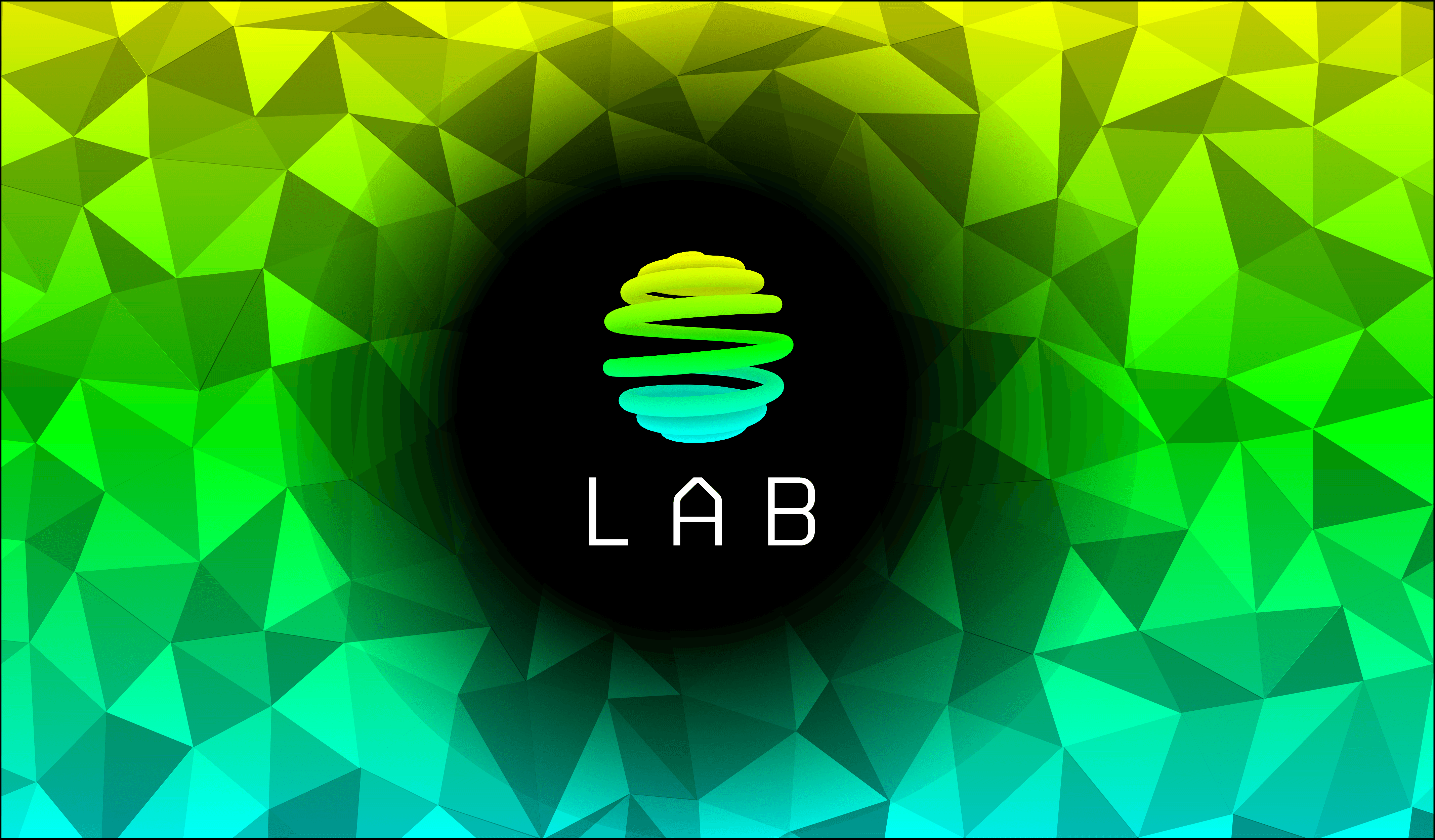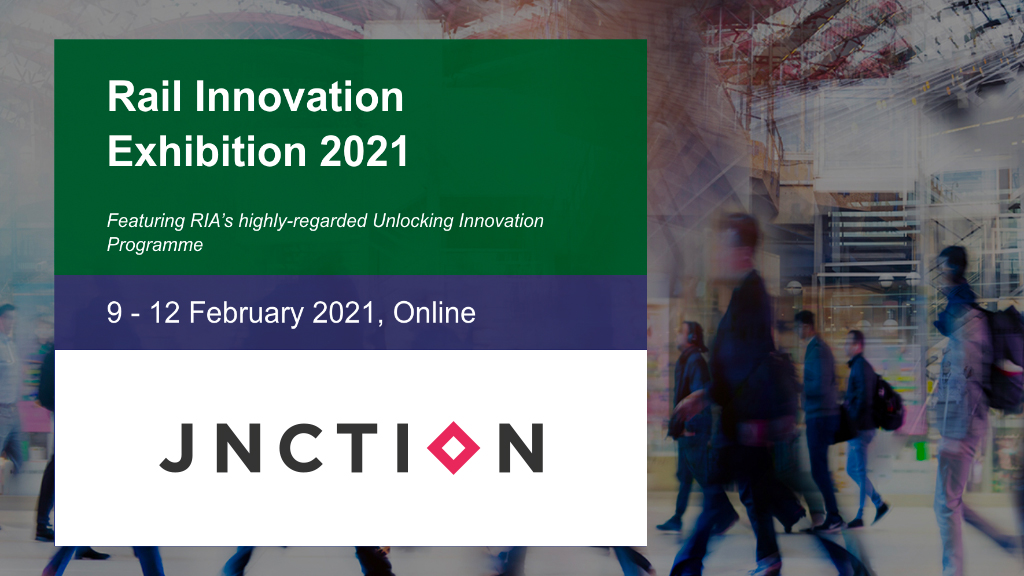This week, as part of our ‘Introduction’ series of blogs, we are looking at our Innovate UK funded Decision Support Tool.
What is the Decision Support Tool (DST)?
The DST is a new Software as a Service system that helps make decisions easier for control teams and deliver better service for passengers. It uses a machine learning model to integrate historical data feeds into an easy-to-use modern interface for control teams. This AI tool assists the service delivery team to predict more accurately the effects of disruption on the working timetable and rosters, deliver a more punctual railway, and improve customer satisfaction.
What does it do?
The DST combines multiple real-time data feeds (including TRUST & TD, real-time reports from Network Rail and TOC staff, together with unit and driver diagrams, GPS positioning, and loading information, when available), to provide a real-time dashboard of the working timetable and live trains. During minor disruptions, the DST generates alerts when trains are delayed, or miss their dwell time or sectional running times.
During a service disruption incident, the system will assist with finding the quickest and most effective way to return services to the timetable; limiting the impact and costs caused by disruption, and it does it in real-time to address passengers’ biggest source of complaints – lack of information. The system can output the revised service plans instantly to allow customer information to be communicated quickly to help passengers plan around disruption.
How could it help during Covid-19?
The DST can be used remotely because it is a web-based tool hosted in the cloud, unlike some ROC based systems. The alert system will flag up fast-developing problems quickly in time to take action, when verbal communication may be delayed. Additional data inputs such as emergency socially distanced passenger loading data feeds can be incorporated quickly and easily due to the modular nature of the system. The DST works alongside existing systems, rather than replacing them.
The machine learning tools provide support for less experienced operators to guide them on the impact of their plans and help make consistent decisions. This can be particularly valuable in remote working situations where colleagues are not on hand to advise immediately.
The origins
Much of the early concept started in 2017 when we were working with London Overground, on an early Customer Experience alerting system called DART. We followed this up by conducting extensive research with TOCs to identify needs and created a solution that would benefit control teams, customer experience teams, and passengers.
In 2019, we were chosen as one of 24 innovative schemes to receive funding from Innovate UK and Department for Transport’s ‘First of a Kind 3’ competition which supported a vital phase of our research and development.
Recent Developments
Earlier this year, we ran a webinar with Innovate UK and the DfT which generated a great deal of interest in the project and we have been following that through with lots of conversations with colleagues right across the rail industry.
The development team continues to work hard creating the full release 1.0 of the Decision Support Tool which is due in early 2021. Excellent progress is being made on a reliable ‘run the business’ solution, and we will soon reach the acceptance testing stage.
Final thoughts
In addition to the user interface, which requires minimal operator training, many TOCs we have spoken to like the fact that the DST can be deployed within a matter of weeks across the whole TOC network, thus achieving performance gains in months not years.
If you’re interested in the Decision Support Tool and would like to know more about how it works, how it can integrate with almost any existing rostering system, or if you would like a demo, please email us at hello@jnction.uk or call us on 020 3011 1008.
As for now, we hope you’ve found this useful, speak to you again soon!


